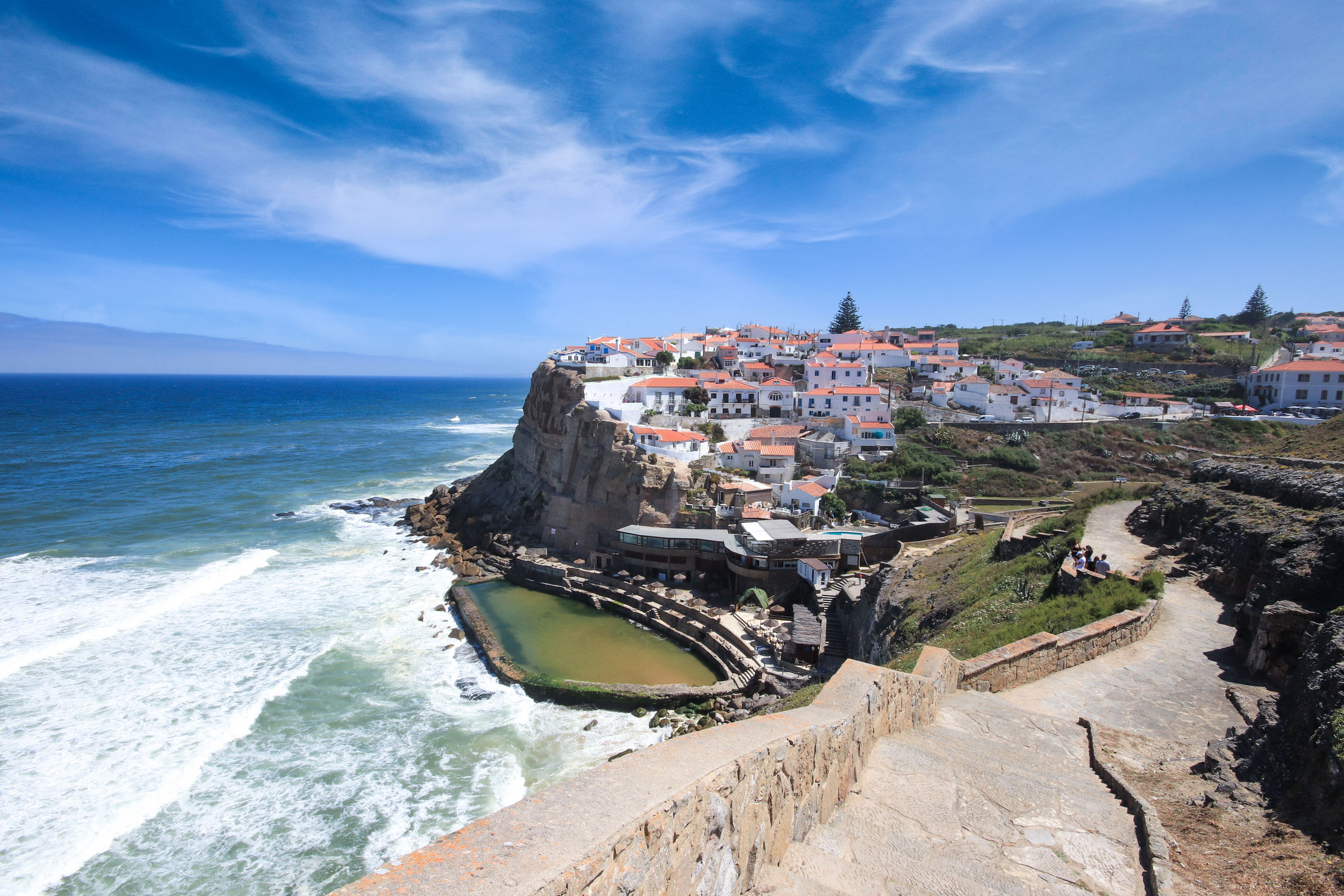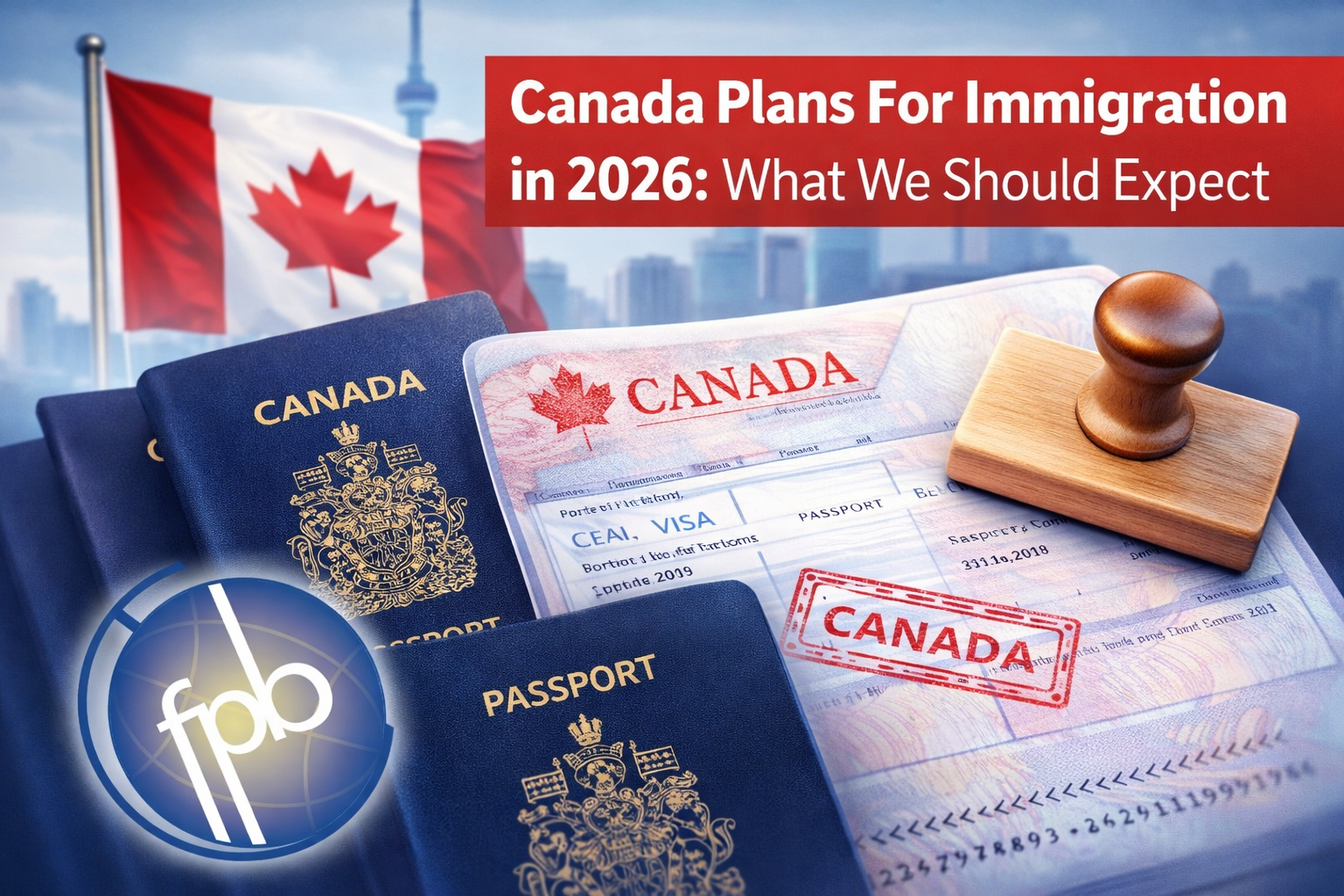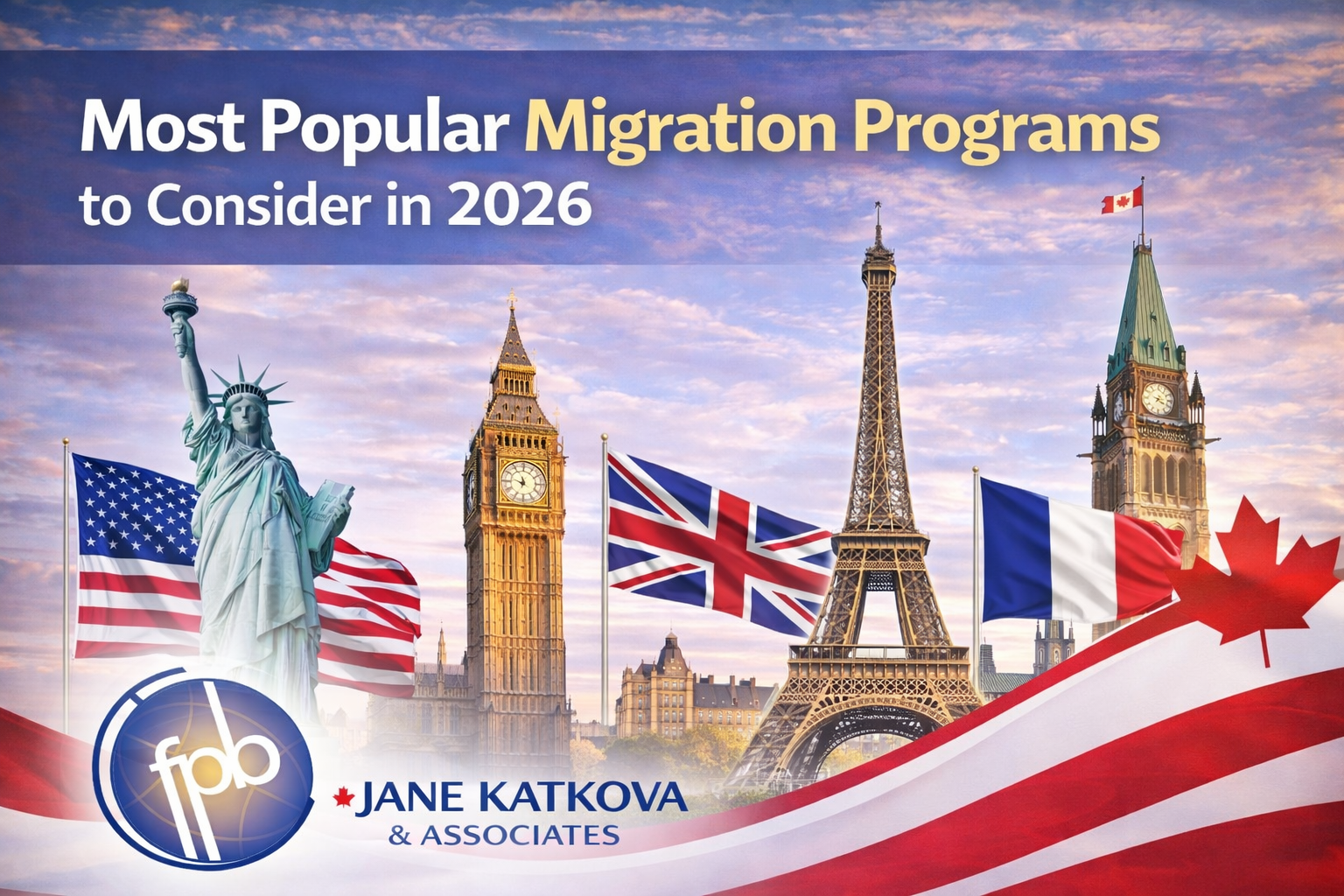 Portugal’s Golden Visa Under the Microscope: A Potential Timeline Shift to a Decade?
Portugal’s Golden Visa Under the Microscope: A Potential Timeline Shift to a Decade?
In June, 2025, Portugal’s center-right government ignited a heated debate with a groundbreaking proposal: to potentially double the residency requirement for citizenship from five to a staggering ten years for most foreign nationals. This ambitious move, requiring a two-thirds parliamentary majority, marks the most restrictive naturalization proposal in decades as the nation grapples with unprecedented immigration levels. As emigration experts, our specialists at Fast Passport Boutique by Jane Katkova have been following Portugal’s policy changes and have studied them to better understand what it means for you. This article will discuss the new changes and uncover who would be impacted.
Navigating the Proposed Changes: Whose Affected?
Under the potentially new framework, applicants from Portuguese-speaking nations like Brazil, Angola, and Mozambique would face a seven-year wait, while all other hopefuls would need to maintain legal residency for a full decade before even applying for citizenship. Cabinet Minister António Leitão Amaro frames these changes as a crucial step to ensure “an effective connection of belonging to the national community.”
Beyond extended timelines, the proposed system introduces cultural literacy tests to complement existing language proficiency requirements. Aspiring citizens would need to demonstrate familiarity with Portuguese culture, declare support for democratic principles, and, notably, maintain an impeccable criminal record – a stricter stance than previous rules that permitted applicants with minor sentences.
This policy shift is a direct response to Portugal’s soaring foreign population, which has nearly tripled since 2019, now comprising roughly 15% of its 10.5 million inhabitants. Brazilians alone account for over 450,000 legal residents, according to the Agency for Integration, Migration and Asylum (AIMA). The far-right Chega party, now the main opposition, has championed immigration restrictions, pledging parliamentary support for these new measures.
The Golden Question: Impact on Portugal’s Golden Visa Program
The proposed changes naturally raise questions about their repercussions on Portugal’s highly popular Golden Visa program. In 2024, Portugal issued a record 4,987 Golden Visas, a 72% increase from the previous year. These investors previously anticipated citizenship after five years, but now face the prospect of a ten-year waiting period.
Notably, there is no discussion about changing key Golden Visa rights, such as residence requirements, family reunification, or minimum stay obligations. In fact, the government is reportedly considering a new tax regime that could make the program even more attractive.
Local immigration advocates comment that, according to the scrupulous reading of the proposed changes, Golden Visa applicants and those under the highly qualified activity categories may still benefit from more favorable conditions and status. And this aligns with recent promises from Minister Amaro to enhance the Golden Visa’s appeal and efficiency post-summer.
While the proposed changes may reshape expectations, Portugal’s Golden Visa appeal remains strong, as it still offers a path to permanent residency after five years, without requiring relocation or ongoing investment. It is important to note Portugal’s PR status, as many former clients, as well as new clients who come through the Fast Passport Boutique door, are not aware of Portugal’s 5-year PR pathway, which is important, as Portugal’s program has one of the most relaxed residency laws.
Broader Strokes: Other Proposed Immigration Reforms
Beyond citizenship, the government has also proposed tightening family reunification rules, requiring legal residents to wait two years before bringing relatives to Portugal, with only minor children qualifying for family visas.
As of January, over 400,000 citizenship applications remain pending. Despite growing application volumes, Portugal naturalized 141,300 people in 2023, a 20% decline from the previous year. In parallel, measures have been approved to establish a dedicated border police force and revoke citizenship from naturalized Portuguese individuals convicted of serious crimes. A program granting nationality to descendants of Sephardic Jews with Portuguese ancestry is also on the chopping block.
Minister Amaro characterizes these reforms as “essential changes for the times in which we live,” aimed at “strengthening the requirements for access to citizenship, naturalization, in line with the guidelines we were already included in the government’s program.”
The Legislative Maze: An Uncertain Path Forward
The journey for this draft legislation is far from over. It must first be formally submitted to the Assembleia da República, followed by three parliamentary readings and a committee review. The crucial two-thirds majority requirement makes its passage uncertain.
Local experts strongly advise caution. They emphasize that “no draft law has been published” and that this is merely a “proposed bill” that needs to navigate a complex legislative process. Past experience, particularly with the Golden Visa, demonstrates that the final outcome often diverges significantly from the initial proposal. Therefore, these proposed changes are NOT “ a done deal”. They still have to go through the parliamentary process and pass with two-thirds approval, anticipating “significant changes.”
In waiting for the outcome of the process, it makes good sense to compare the introduced proposals to the similar legislative process in 2023, when Golden Visa changes were proposed, eliminating the real estate investment option, where debating the proposal took over seven months to conclude, with significant differences between the initial government proposal and the final law.
Clearly, there will be room for dialogue and, above all, protection for future investors and those with ongoing applications.
In the near future, following parliamentary approval in full or partially of the proposed changes, President Marcelo Rebelo de Sousa would have 20 days to sign, veto, or refer the legislation to the Constitutional Court. While presidential challenges on immigration matters are rare, Rebolo expects “careful scrutiny from both the President and the Constitutional Court,” given the sensitive nature of the legislation.
If approved and signed, the new rules would be published in the official gazette, the Diário da República, and implemented within weeks. This legislative push aligns Portugal with a broader European trend toward tighter immigration controls amidst rising populist influence.
Golden Visa’s Resilience: A Targeted Approach?
Despite the uncertainties, optimism for Portugal’s investment migration future remains.
The current Government intends to make the system more efficient and appealing, and expects “the current issues with AIMA will be resolved during 2025.”
For these reasons, Jane Katkova and the Fast Passport Boutique team urge you, if you are interested in Portugal, to start seriously considering it. As this critical legislative process unfolds, it is shaping the future of immigration and investment in Portugal. Under Jane’s expertise with emigration practices and the ever-evolving landscape, it is essential to be precise and have a detail-oriented approach to creating and processing your application.
You still have time to apply, with no delay, however!
BOOK A CONSULTATION with a Fast Passport Boutique team member, and decide on making an informed decision on Portugal today.
Last Updated on 26 August 2025







